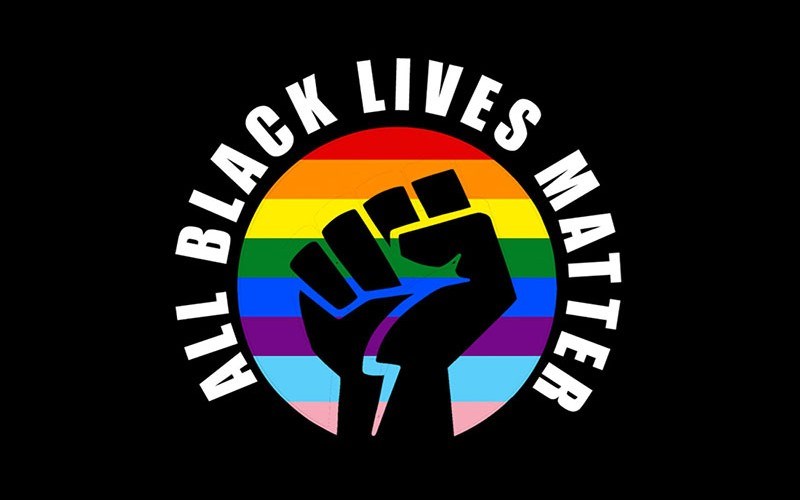The Daily Signal reports, for example, about the Santa Barbara United School District in California, which has a hidden, password-protected portal for teachers to access radical, far-left materials.

"They know that the parents are going to not want this, because this is really not something that is in keeping with the traditional role of an educator in America, which is to create good citizens, to create civic-minded Americans," submits Mike Gonzales, the Angeles T. Arredondo E Pluribus Unum senior fellow at The Heritage Foundation.
Included in the materials are links to the 13 "guiding principles" of Black Lives Matter, one of which is "disrupting the Western-prescribed nuclear family structure."
"It shows why it's so important to have transparency rules, that everything that is being taught is going to be posted for parents to see or sent to parents proactively in a way that parents could be able to assess what children are learning," Gonzales continues.
The hidden teacher portal was revealed by a district teacher who leaked it to the press.
While remote learning during the pandemic may be credited for opening parents' eyes to what their children were and are being taught in public schools, reading levels among younger students have eroded.
According to a recent study conducted by Amplify, a curriculum assessment group, more than a third (33%) of students who started school during the COVID-19 restrictions are now reading far below grade level. But Neal McCluskey, director of the Cato Institute's Center for Educational Freedom, does not think the situation is as bad as it appears.

"I don't think that it's something that can't be ameliorated, but it's probably going to require extra effort on the parts of schools and probably on parts of families," he tells American Family News.
The report shows that private and charter school students were not as adversely affected, and McCluskey says that is in part because they returned to in-person instruction sooner than public schools.
"I think that a major lesson has also been that we need more options," he adds. "I don't think we're going to push that cat back in the bag."
The report shows that only 47% of kindergartners are reading at grade level now compared to 55% pre-pandemic.
Breitbart notes the study used data derived from Dynamic Indicators of Basic Early Literacy Skills (DIBELS) assessments, a common diagnostic test that looks for indicators such as phonemic awareness, comprehension, alphabetic principle, and fluency. It compiled data from more than 1,300 schools in 37 states from 2019 to 2022.







